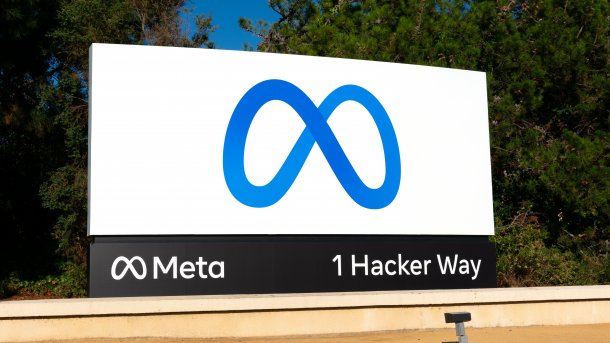Meta announces a "new era for mixed reality"
The US Internet company Meta is renaming its Quest software platform Meta Horizon OS and opening it up to third-party headset manufacturers.

(Bild: Michael Vi/Shutterstock.com)
Meta is making its Quest operating system available to third-party hardware manufacturers, thereby heralding a "new era for mixed reality". The US internet company announced this in a blog post on Monday.
"We're opening up the operating system that powers our Meta Quest devices to third-party hardware manufacturers to give consumers more choice and provide developers with a larger ecosystem. We are working with leading global technology companies to bring this new ecosystem to life and make it even easier for developers to create apps and reach their target audiences on the platform," the company writes.
The new hardware ecosystem will run on Meta Horizon OS, the mixed reality operating system that also powers the Meta Quest headsets. According to Meta, Meta Horizon OS is "the result of a decade of work by Meta to develop a next-generation computing platform". The Horizon social layer, which currently powers Meta Quest devices, will be extended to the new hardware ecosystem, Meta writes. "It enables people's identities, avatars and friend groups to move through virtual spaces with them [the new devices, note] and allows developers to integrate rich social features into their applications. And because this social layer is designed to bridge multiple platforms, people can spend time together in virtual worlds that exist across mixed reality, mobile and desktop devices."
Meta Horizon OS devices will use the same mobile companion app that Meta Quest owners use today, Meta said. It will be renamed the Meta Horizon app; the Meta Quest Store will operate as the Meta Horizon Store going forward. Quest will only remain as a brand for Meta's first-party headsets.
New headsets with Meta Horizon OS from third-party providers
Meta has also already announced several third-party hardware manufacturers who are developing entirely new headsets with Meta Horizon OS. Asus, for example, is working on a wholly new "performance gaming headset" under its Republic of Gamers (ROG) brand. Lenovo, on the other hand, announced that it would use its experience in co-developing Oculus Rift S and its expertise in developing devices such as the ThinkPad laptop series to develop "mixed reality devices for productivity, learning and entertainment". It worked with Microsoft, Meta said, to develop a limited edition Xbox-inspired Meta Quest. Last year, the two companies jointly developed Xbox Cloud Gaming for Meta Quest. The games are streamed to a virtual 2D screen within the VR environment, so are not available as a native VR version.
Opening up Meta Horizon OS to other device manufacturers also expands the opportunities for app developers to reach their target groups, Meta writes. Barriers between the Meta Horizon Store and the App Lab will be removed. This gives developers who meet the basic technical and content requirements the opportunity to offer software on the platform. "App Lab titles will soon be available in a dedicated section of the store on all our devices, making them accessible to a wider audience", it says.
Meta is also working on a spatial application framework to help mobile app developers create mixed reality experiences. Developers could therefore use the tools they are already familiar with to transfer their mobile applications to Meta Horizon OS or create new mixed reality applications. Developers can apply for access, Meta writes.
(akn)